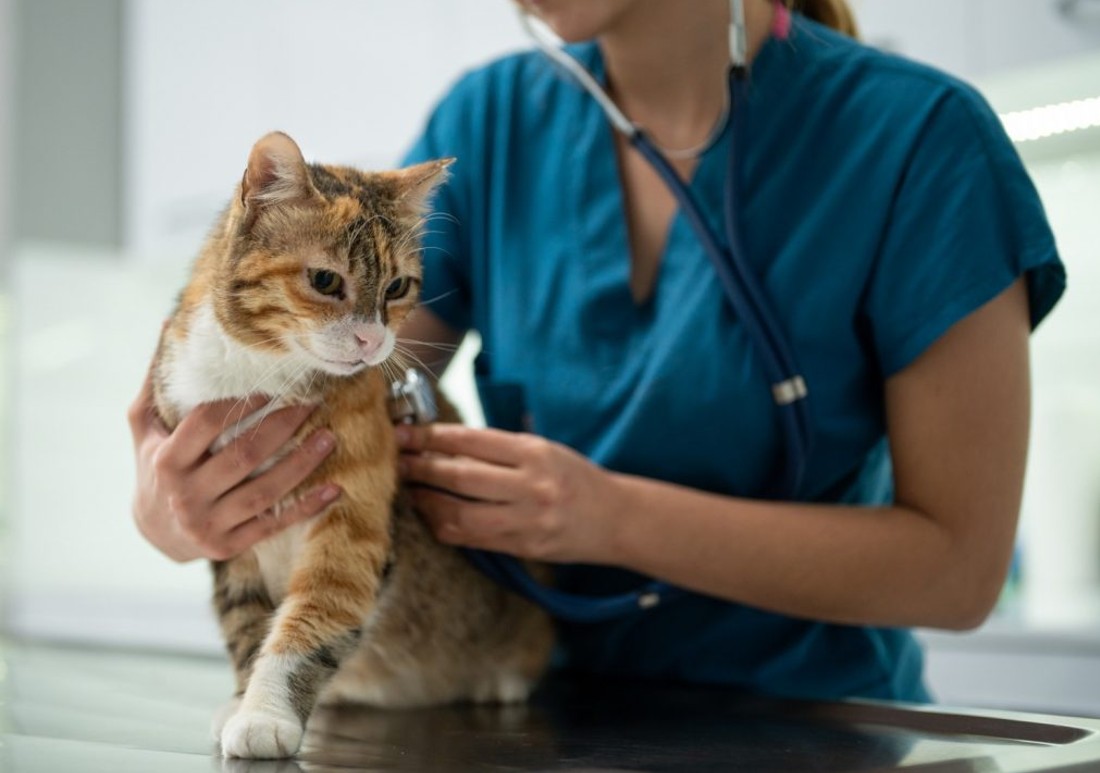Vet Visits 101: How Often Do You Take a Cat to the Vet and What to Bring

Cats are often seen as self-reliant creatures, but regular visits to the veterinarian are crucial for their health and well-being. As a responsible cat owner, you may wonder how often you should take your feline friend to the vet and what you should bring to ensure a successful and stress-free visit.
In this comprehensive guide, we’ll delve into the frequency of cat vet visits and provide you with a checklist of essential items to bring along. Whether you have a kitten or an adult cat, understanding the importance of veterinary care and proper preparation will help ensure a long and healthy life for your beloved feline companion.
How Often Do You Take Your Cat to the Vet?
Kittens: Up to Six Months Old
The frequency of vet visits for kittens is higher compared to adult cats. Typically, kittens should have regular visits every three to four weeks for essential vaccinations, deworming, and general check-ups. These visits are crucial for monitoring their growth and development.
Kittens receive a series of vaccinations to protect against diseases like feline distemper, calicivirus, and rhinotracheitis, and it’s important to discuss a vaccination schedule with your vet to ensure comprehensive protection.
Additionally, consult with your veterinarian about the appropriate age for spaying or neutering your kitten to promote their long-term health and well-being. These early veterinary visits lay the foundation for a healthy and happy life for your feline friend.
Adult Cats: One to Seven Years Old
For adult cats, regular veterinary visits are necessary to ensure their ongoing health and well-being. It is generally recommended that adult cats should visit the vet at least once a year for routine check-ups and vaccinations.
During these annual visits, your veterinarian will assess your cat’s overall health and discuss any necessary vaccinations based on your cat’s lifestyle and specific risk factors. By adhering to this regular schedule of check-ups and vaccinations, you can help maintain your adult cat’s health and protect them from preventable diseases.
Senior Cats: Over Seven Years Old
Senior cats require special attention to ensure their health and well-being during their golden years. To provide them with the best care, it’s advisable to schedule more frequent vet visits, ideally every six months or as recommended by your veterinarian.
These regular check-ups are vital for monitoring their overall health, as senior cats are more susceptible to age-related issues such as kidney disease or arthritis. Additionally, your veterinarian may recommend blood tests and health screenings to detect and address these potential concerns promptly.
What To Bring to the Vet: A Checklist
- Medical Records: If this isn’t your cat’s first visit, bring along any previous medical records, including vaccination records, test results, and past treatments.
- Carrier: A secure and comfortable pet carrier is essential for transporting your cat to the vet safely. Ensure it is well-ventilated and has a secure latch.
- Identification: Carry a form of identification for your cat, such as a collar with an ID tag and a microchip with updated contact information.
- Health History: Prepare a brief summary of your cat’s health history, including any changes in behavior, appetite, or litter box habits.
- Medications: If your cat is on any medications or supplements, bring them in their original containers with clear dosage instructions.
- List of Questions: Jot down any questions or concerns you have about your cat’s health or behavior. Don’t hesitate to ask your vet for clarification or advice during the visit.
- Comfort Items: To ease your cat’s anxiety, bring along familiar items like a favorite blanket or toy.
- Payment Method: Make sure you’re prepared to cover the cost of the visit, vaccinations, or any necessary treatments. Check with your vet about acceptable payment methods in advance.
Final Thoughts!
Regular vet visits are a crucial part of responsible cat ownership. By following the recommended schedule for your cat’s age and health status and ensuring you have the necessary items for a successful visit, you’ll be taking proactive steps to ensure your feline companion enjoys a long and healthy life. Regular check-ups not only detect and prevent health issues but also strengthen the bond between you and your beloved cat. Prioritize their well-being by making vet visits a routine part of their care.
Your Pet’s Best Interest, Always
At Pet Institute, we take pet care seriously. We're dedicated to transparency, impartiality, and the well-being of your pets in every article, review, and recommendation we provide. Our unwavering commitment to these principles ensures that you, our valued reader, always receive reliable and unbiased information. Let us be your trusted guide in the world of pet care and companionship.